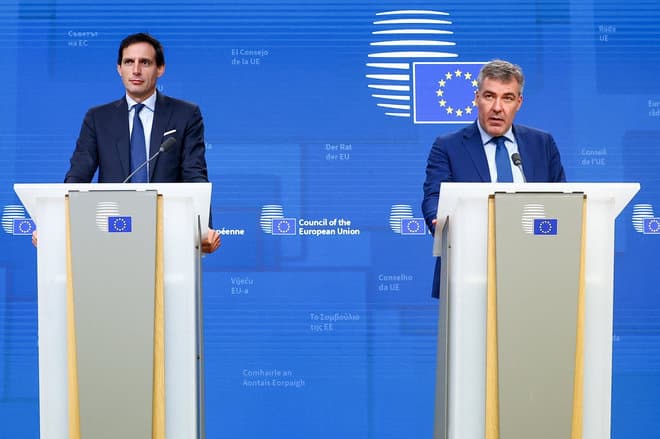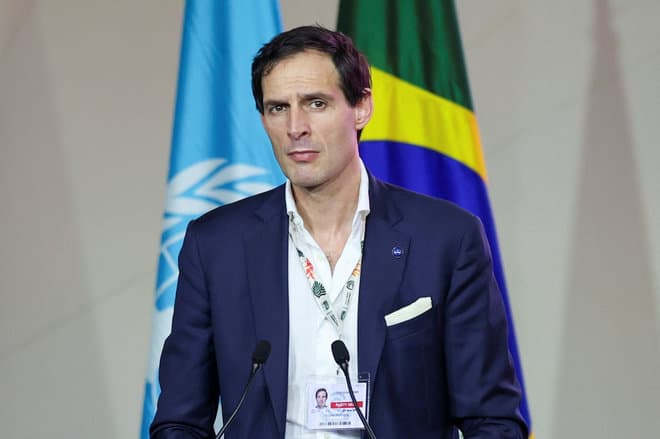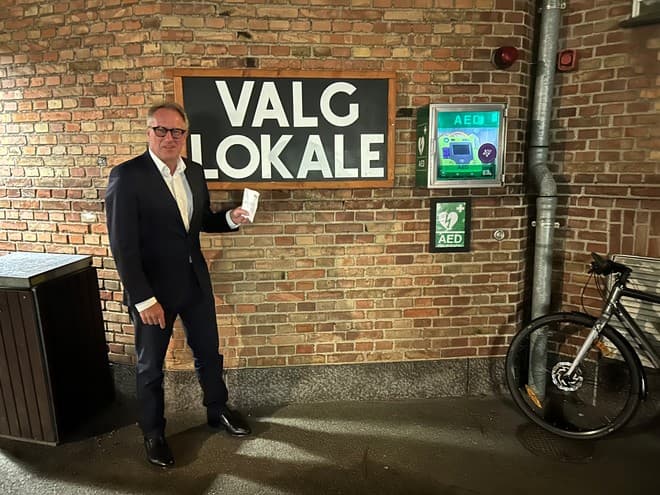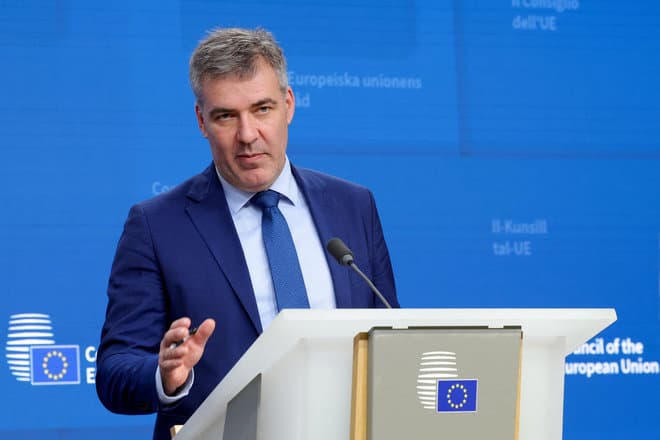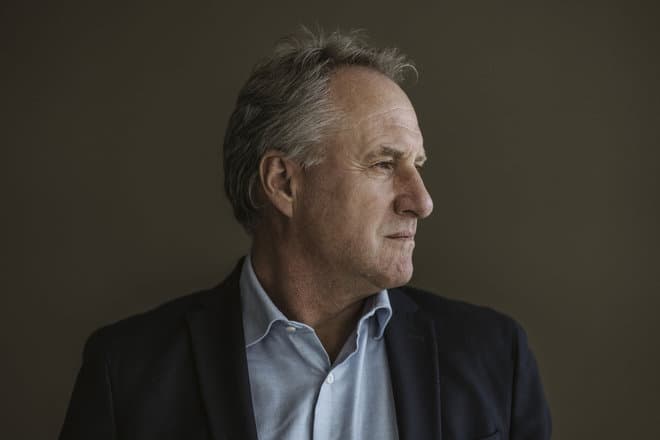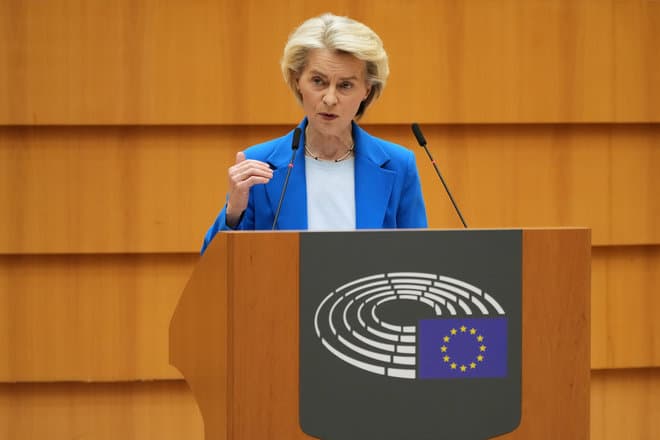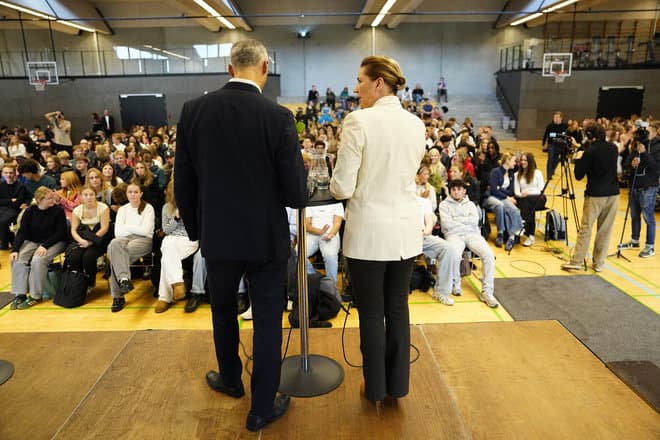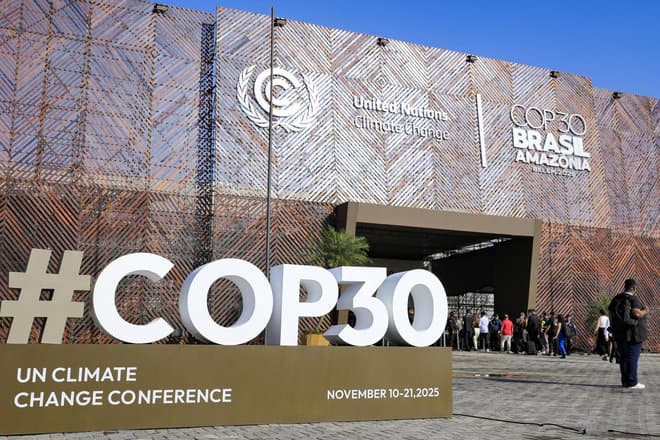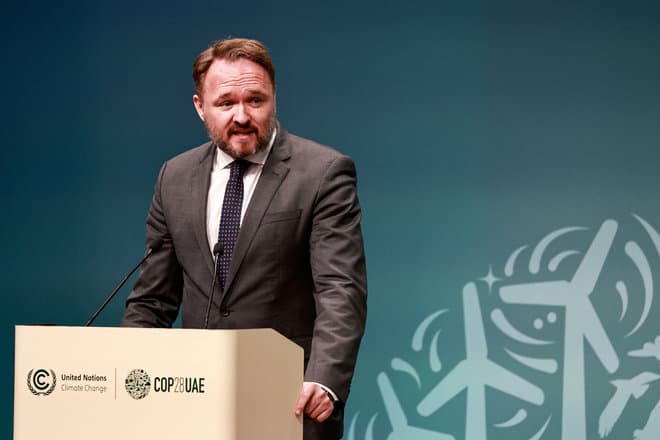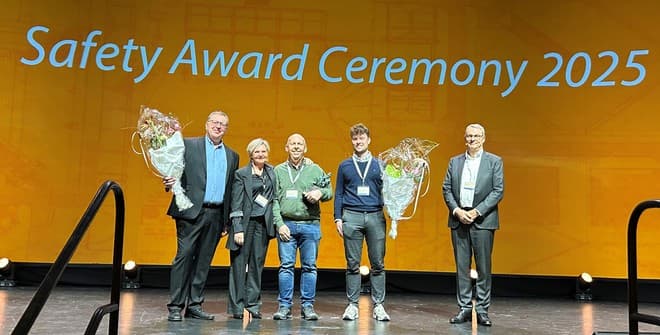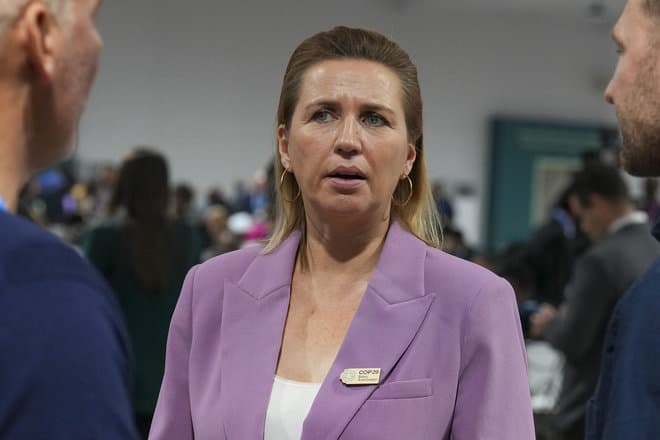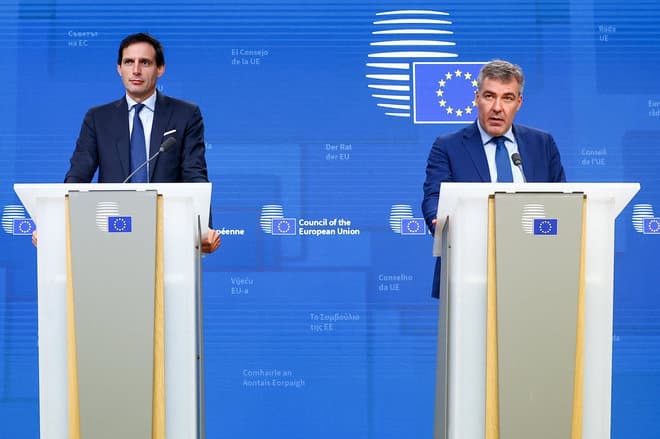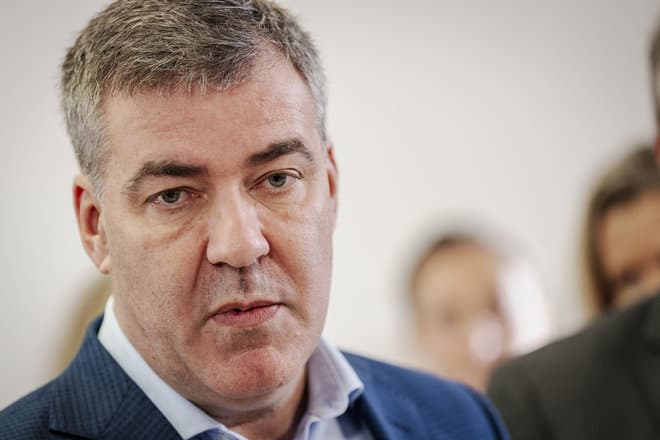
There is a bitter atmosphere over the negotiations on climate finance at the COP30 climate summit in Belém, Brazil. Both in the rich North and the poor South, the countries' negotiators carry around a feeling that the other party is cheating them.
- The problem is that both sides do not feel that their situation is understood, says Jens-Mattias Clausen.
He is the program manager for EU and global climate policy at the think tank Concito. The issue of channeling financial aid from rich to poor is "burning hot", he reports. And with one day left until the official deadline for the climate summit, the issue is about to explode the negotiations.
The world's poor countries are experiencing the harshest consequences of climate change - created by the wealth of the global North with massive emissions of greenhouse gases over 150 years. The poor countries do not have the means to protect themselves against this. At the same time, poor countries have been able to see for a number of years how promises of financial support have been eroded by delays.
In the EU, on the other hand, there is a perception that it has been pulling the heavy load for years and that, after the US exit from the world's climate negotiations, it alone is responsible for distributing billions.
Several of the climate summits in recent years have been about channeling money from rich to poor countries that have continued to develop using fossil fuels.
All the while, Europe itself has been increasingly challenged in terms of its competitiveness, and while the population is experiencing increased living costs.
EU: No climate financing without a promise of CO2 reduction
Based on this argument, the EU has positioned itself in a sharp position at COP30 in Brazil:
There will be no agreement on more climate financing unless the world's countries promise to further reduce their CO2 footprint. That leaves the issue of new economic climate aid for the world's poor countries in a conflict-ridden place.
- There are complicated political dynamics at play. And then there is just a great deal of mistrust, says Jens-Mattias Clausen.
At the COP30 climate summit, the Brazilian hosts have made it a crucial agenda item that the world's countries must agree to increase aid for poor countries' climate adaptation.
Where last year's summit agreed to increase climate financing, this year they will ensure clarity that more of the money ends up equipping societies against the damage of climate change.
It is a classic dynamic that financing most often ends up as investments in renewable energy rather than protection against the ravages of change.
- They will strive for a balance between money for adaptation and for reduction efforts, so that it does not happen that more money is spent on reductions than adaptation, says Jens-Mattias Clausen.
This balancing act may meet resistance from the EU, which does not want to send more money to the south without CO2 reductions being achieved. of it. The Danish Climate Minister Lars Aagaard (M) has announced that an agreement at the summit depends on this balance.
- We want the world to come together to reduce emissions. And if we cannot be reassured of that, there will be no agreement, he said on Wednesday.
/ritzau/
Text, graphics, images, sound, and other content on this website are protected under copyright law. DK Medier reserves all rights to the content, including the right to exploit the content for the purpose of text and data mining, cf. Section 11b of the Copyright Act and Article 4 of the DSM Directive.
Customers with IP agreements/major customer agreements may only share Danish Offshore Industry articles internally for the purpose of handling specific cases. Sharing in connection with specific cases refers to journaling, archiving, or similar uses.
Customers with a personal subscription/login may not share Danish Offshore Industry articles with individuals who do not themselves have a personal subscription to Danish Offshore Industry.
Any deviation from the above requires written consent from DK Medier.

